Surfer Nutrition – Most Nutrient Dense Foods
Surfer Nutrition – Most Nutrient Dense Foods- Get Them Into Your Diet!
I strongly urge my clients, my family, and all of you reading this to consider the food you choose to put into your body. In this article you’ll find a list of foods that offer key nutrients that the average person consuming a modern crap (commercial refined artificial processed) food is commonly deficient in.
Modern life, food technology, movement away from cultural food traditions, distortion of what is considered by many to be “real” food, fast food, genetic modification of crops, deterioration of top soil, pesticides…. you get the idea at this point.
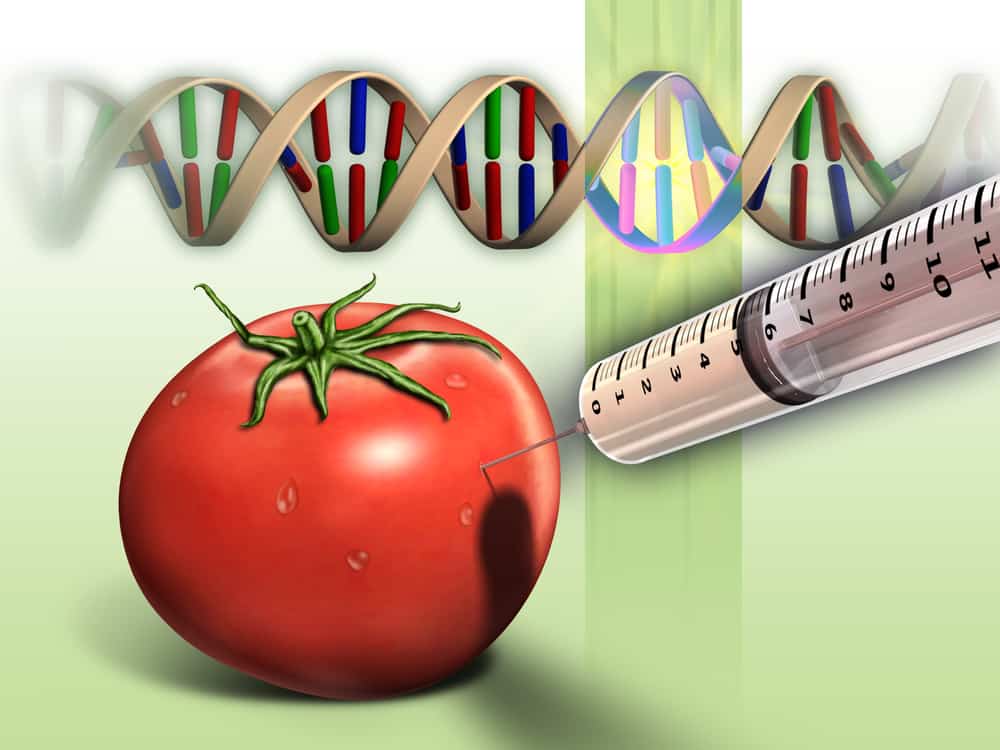
These modern day food processes have not only introduced an array of foreign chemicals to the human organism, but have also lead to most people being nutrient deficient.
I would hope you see the relevance of that, and the potentially negative impact it could have on you, your body, it’s systems, it’s function, genetic expression, performance, health, and lastly but importantly, your surfing.
What I aim to do with this food list is provide you with real food options that will help provide you with the nutrients, vitamins, and minerals that most people are deficient in, and that are essential to bodily systems and functions.
Consume Weekly… Stay Nourished
This list, if consumed on a weekly basis will help to provide your body with crucial micronutrients to help your body function at it’s most optimal. Keep in mind that this list simply encompasses foods that supply an adequate amount of a particular micronutrient that modern diets are commonly lacking.
Not all of these foods may fit into your food paradigm, and there are certainly other real food options that may suffice. However I personally view this list as almost necessary (for me at least), and recommendable to most people.
This list does not take into account food intolerances, personal dietary ethics or values, or whatever silly diet you’re on at the moment. What it does take into account is that these foods are quite nutrient dense and have particular attributes that help the body and its various systems.
Before anyone starts getting all food-nazi on my blog or facebook about this food isn’t good for you because of blah blah blah, consider the facts that 1) my nutrition paradigm is different from yours, and mine is completely non-biased, as I don’t give a shit about food gurus, current diet fads or titles, orthorexia, or any other food-related bullshit and nonsense 2) any single food could have both positive and negative cases made for it.

All I care about is that the foods I eat give my body the micro and macronutrients that the human organism requires, and has evolved to utilise, and it makes me feel good.
If these foods are consumed they will help your body to acquire more: Vitamin (vit) A, vit E, vit K, vit C, Bvitamins, Folate, Zinc, Magnesium, Omega 3 Fatty Acids, and a wide range of antioxidants, and micronutrients to help support you Liver and Detoxification systems, as well as your immune system.
EGGS-
Buy the best quality eggs you can source. Eat both the yolk and the white. Eggs offer a complete protein source, valuable saturated fat as well as fat soluble vitamins.
I urge you to find the highest quality eggs you can find from properly and humanely raised chickens. Nearly every city now has farmers markets. Go there, meet the farmers, ask about the quality of the eggs, and eat some good eggs!
If you’re worried about the cholesterol and fat, there’s some links down the page that will help educate you on the truth regarding fats and cholesterol.
LIVER –
Source the highest quality liver you can find. Chicken, beef, lamb, whatever. Eat quality liver. Keep in mind that animal foods are only as good as the health of the animal. Commercially farmed animals are gnarly.
Find liver from happy, healthy, properly raised animals. I see a lot of people that aren’t too interested in eating liver, or completely unhappy about the taste. A way I generally incorporate into my diet is 1) chopped into small pieces and mixed with ground meat for burger patties, 2) chopped and fried with bacon and onion, and then mixed into scrambled eggs.
Here is an excellent article from an insanely smart guy on the benefits of liver: Chris Kresser – superfood
LEAFY GREEN VEGETABLES–
Eat these both raw, and cooked.
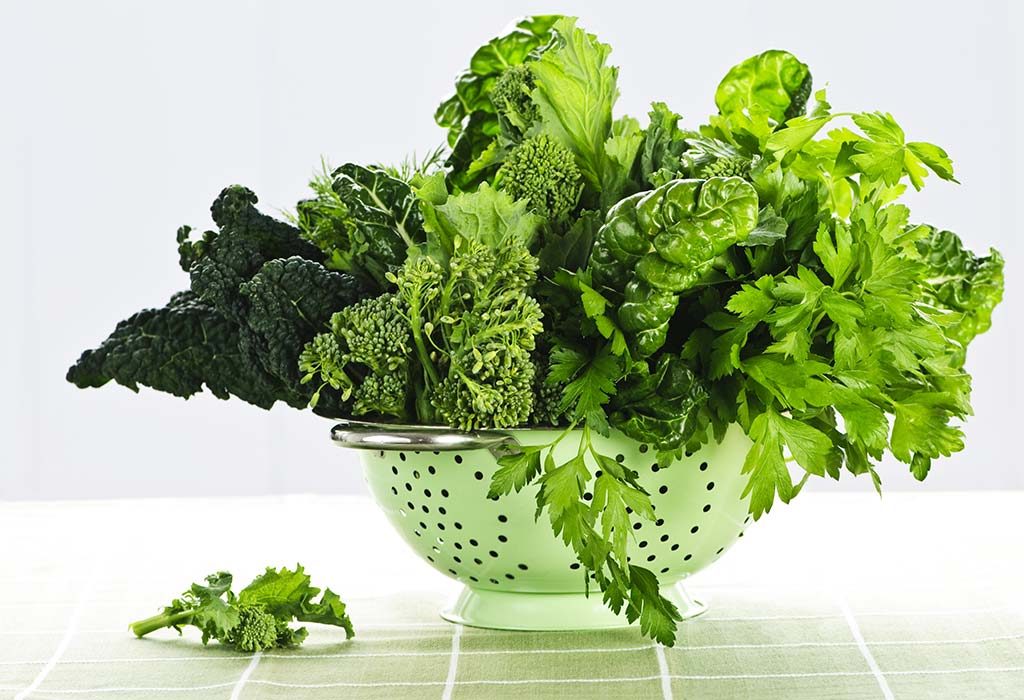
Cruciferous vegetables like kale, spinach, chard, broccoli, brussel sprouts, and cauliflower not only offer a wide range of vitamins, but also offer specific micronutrients that support the liver, and are a great source of magnesium.
VEGETABLES–
Eat your damn vegetables! All colours, and an assortment of raw and cooked. Vegetables are good for you, give you loads of vitamins and minerals, and offer an array of antioxidants and polyphenols.
I always have carrots, tomatoes, avocados (yeah, technically not a vegetable), onions, capsicum/bell peppers, and sweet potatoes. Be a god-damned adult and eat your vegetables.
GRASS-FED BUTTER–
Yep, butter. The “grass-fed” part is there, as butter from cows that are actually fed what they’ve evolved to eat is far more nutrient dense. And, if a cow is grass-fed, it’s likely an all around healthier and more humanely raised animal.
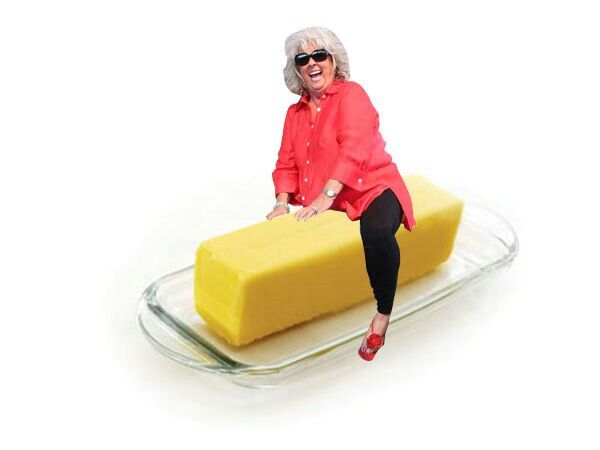
With animal foods, find the highest quality you can find. Saturated fat, and cholesterol (I urge you to study alternative research on cholesterol, as it has been largely demonised and most people are unaware of the actual physiologic need for cholesterol) are critical to the human body, its nervous system, and its hormonal systems.
It also delivers vitA, vitE, CLA and some vit K. Learn more about cholesterol and its importance here: Chris Masterjohn Cholesterol and Health
SALMON–
Acquire your omega 3’s from quality salmon. Eating seafood also offers different amino acid concentrations compared to muscle meats, and offers magnesium, Bvitamins, and selenium.
HIGH QUALITY ANIMAL MEATS–
Yes, I am an advocate of the consumption of animal meats. This topic warrants an article, but for the sake of brevity I will offer this.
You must source the highest quality animal meat you can possibly get. Commercial farming is disgusting and unfortunate. It creates unhealthy animals. Common sense should dictate to not eat unhealthy animals.
Source meat from animals that have been raised in the manner nature dictates, such as eating grass, and free-range. The best option you have is to visit local farmers markets and speak with local butchers. Try to find out how and where these animals are raised.
Is it humane? Does it support environmental health? Is there prevalent use of antibiotics and hormones? Don’t be afraid to ask these questions. With that out of the way, I strongly feel that animal meats offer exceptionally nutrient dense food sources, that the human organism has evolved to utilize. Bvitamins, iron, amino acids, saturated fats, collagen, omega 3’s, and CLA are just a few of the benefits.
If animal protein doesn’t fit into your nutritional paradigm, I advise that you take a look at the foods you are eating and whether you’re acquiring the necessary macro and micronutrients.
Also, examine if your opinion is based on moral or value ideals versus physiologic needs. In the end, take an honest look at if your nutritional paradigm supports your body. Experiment and make changes. I eat quite differently now than I did 3, 5, or 10years ago. We are all very different, and what works for you may not work for me. That simple.
BONE BROTH–
Learn to make your own bone broth. It is drastically simple to make, and has numerous benefits. Here’s a good write-up on the How’s and Why’s of Bone Broth
FRUITS–
Fruit has gotten somewhat of a bad rap due to fructose alarmism. Unless you have specific blood sugar issues, or digestive issues, fruit offers your body a readily available supply of glucose, which is beneficial for those of us that are active, and packages it up with an assortment of vitamins and minerals.
Don’t be afraid of fruit. It’s delicious. Some of my favourites are: Oranges. Bananas, Grapefruit, Kiwis, Pineapple, Papaya, and Blueberries
SPICES–
Fresh garlic, fresh ginger, fresh turmeric, cinnamon, cayenne pepper, oregano, and chili. Bottom line, use fresh herbs and spices!
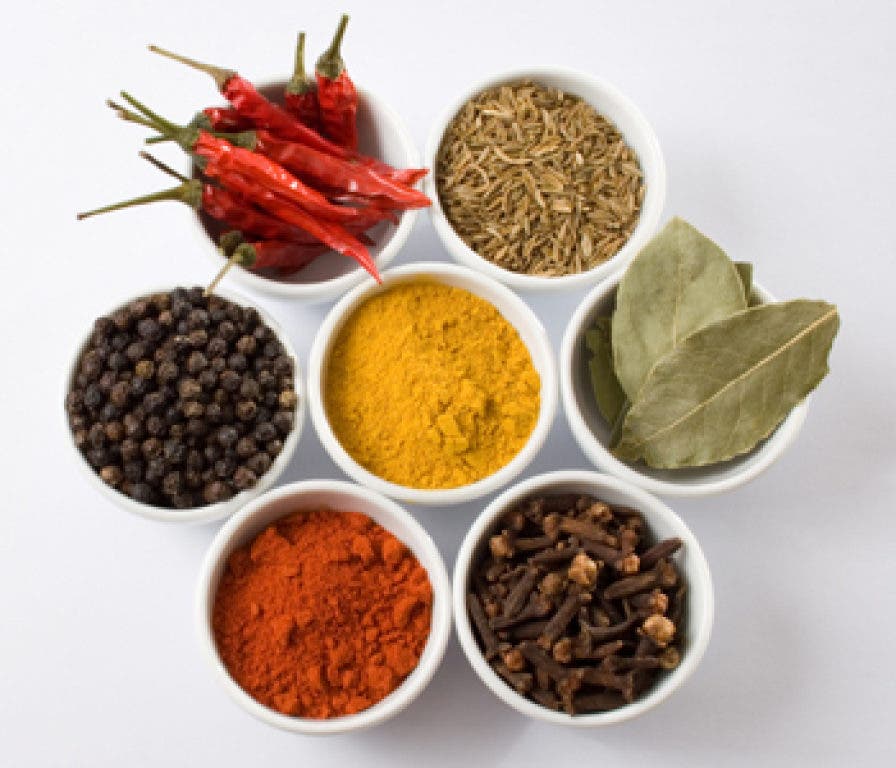
I would recommend that you invest in a mortar and pestle and grind fresh spices and herbs! Most store bought pre-packaged herbs and spices have been irradiated to promote shelf life. Spices and herbs offer an array of health benefits, and high quality fresh sources are still absolutely cheap, and they taste fantastic.
Other Absolutely Great For You foods:
Coconut Oil
Nuts/Seeds: Macadamia nuts, pumpkin seeds, walnuts, and brazil nuts are the ones I’ll often find myself eating. I would recommend you seek out Raw nuts, and then soak them.
I also don’t recommend massive consumption of nuts/seeds, as they are full of poly-unsaturated fats, and over consumption of them can have some negative effects on the body. Also, a note on roasted nuts.
The roasting process basically turns the unsaturated fats within the nuts into free-radicals as the fat molecules have been broken down by the roasting process. That, as well as a few other reasons are why I opt for raw soaked nuts.
Yogurt: Organic, plain, full-fat yogurt. It’s a great source of probiotics as well as calcium and other nutrients that come from full fat yogurt. Flavoured yogurts are basically sugar and artificial flavouring.
Mushrooms: Shiitake. Reishi, Portobello
Teas: green, black, red, licorice, peppermint, drink more herbal teas!
Probiotics:
I generally recommend people make their own probiotics such as sauerkraut or other fermented vegetables, and also look into taking a high quality multi-strain probiotic.
Modern diets and higher antibiotic use influence an offset in beneficial gut-bacteria. The health of your gut, and the microorganisms within it have a very large influence on your overall health.
I strongly emphasize that you take a closer look at your digestive system health and consuming foods that help support it. Supplementing your diet with quality probiotics, from homemade sources or supplemented ones is a step in the right direction to improve the health of your digestive system. Here’s a video of me demonstrating how to make sauerkraut.
While this list is far from exhaustive of all the food options that help support vitamin and mineral acquisition, it does help to provide an essential foundation of nutritious food intake.
I hope it shows that real-food based nutrition truly does offer the essentials of what your body requires to perform optimally. Assess your weekly nutrition and see which of the mentioned foods you do eat. And for those that you don’t, begin to incorporate them.
Surfer nutrition: Eat Good Food… But Realize It’s a Modern World
With all that in mind, I still realize it’s 2014. Meaning, we’re all still going to get drunk from time to time, eat a pizza at 4 in the morning, have a snickers bar (I love snickers bars). And eat some processed foods.
However, if the majority of your food intake comes from high quality nutrient dense foods, your body, its systems, and your performance won’t suffer.
I’d be curious to hear what foods you find absolutely essential in your week to week nutrition. Please comment below or on Facebook!
Please share this with anyone you think would benefit from it! Any help spreading the word about my site would be hugely appreciated.

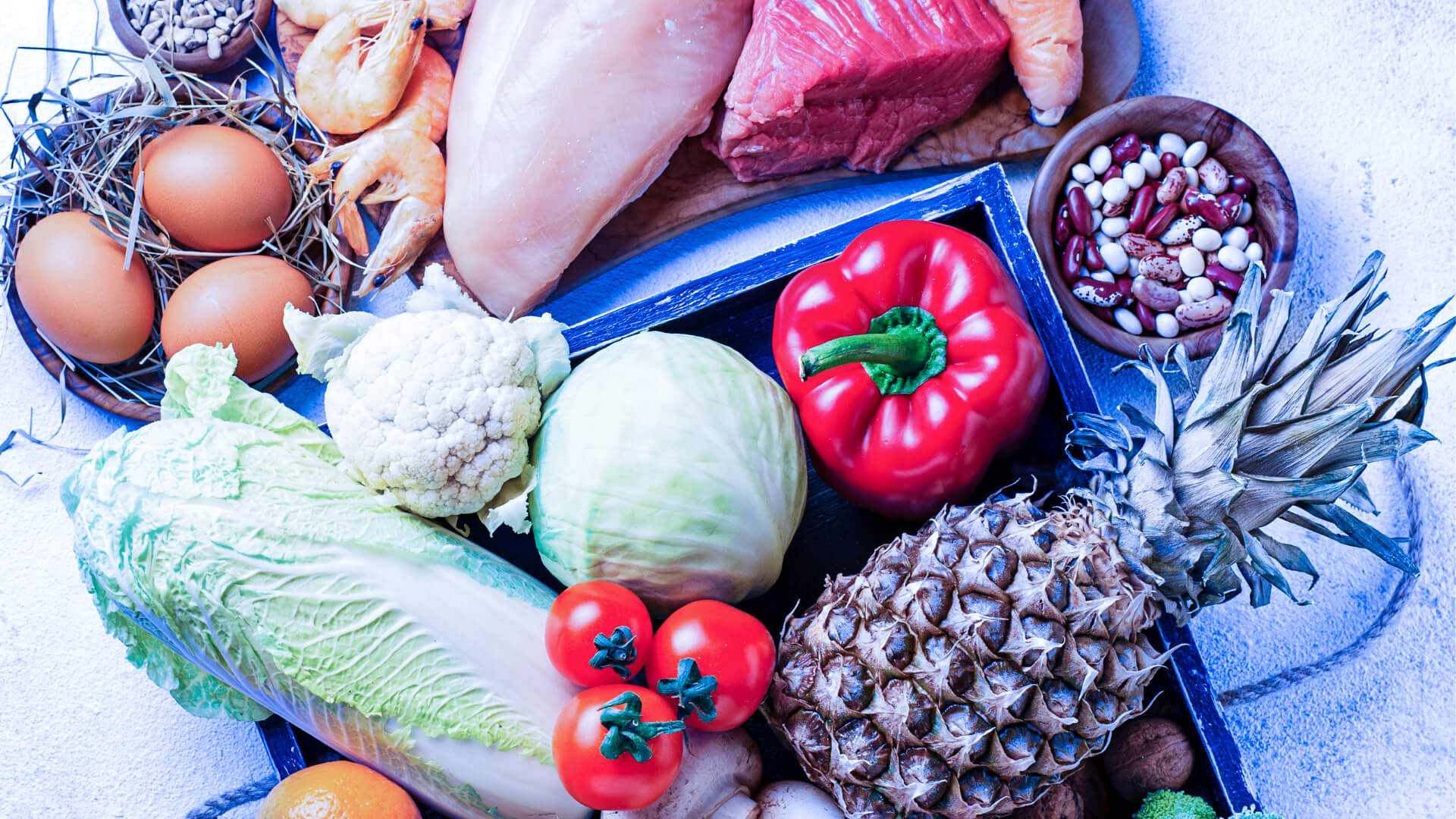


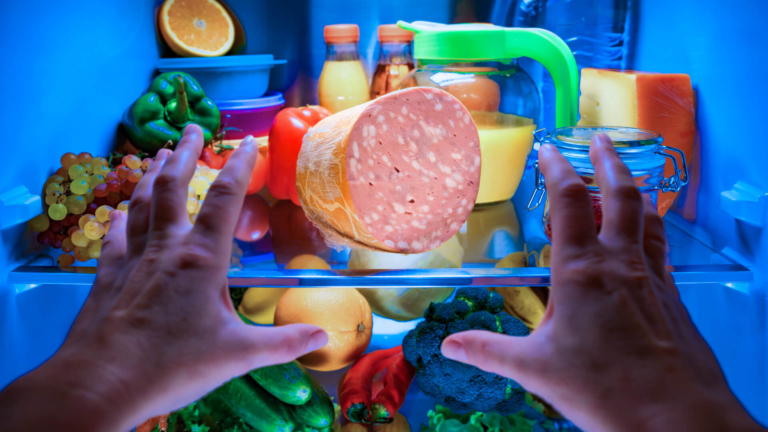
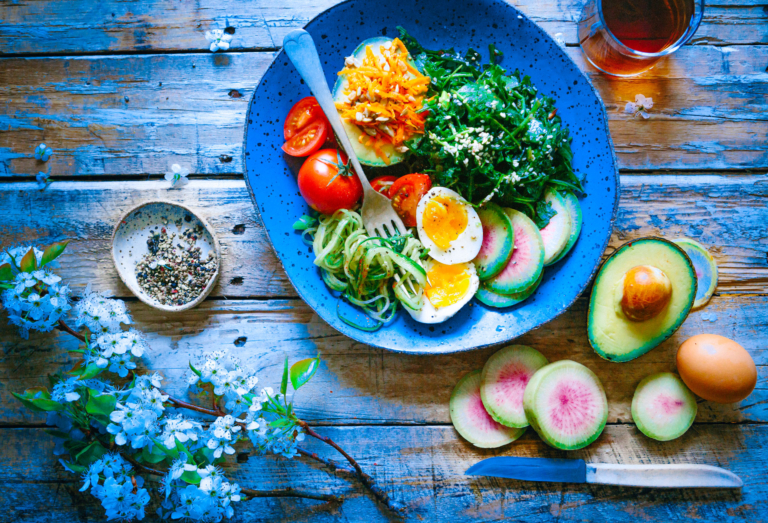


This is a great list. I definitely try to enjoy most of these foods. If you have a bunch of them on your plate, it should be very colorful. What are some ways you use the grass-fed butter? I’ve heard so much about its importance these days and have yet to try it.
I just today bought an entire tub of cultured grass fed yellow. it’s the most vibrant dark yellow and absolutely delicious. basically use it in whatever way you’d use any other cooking oils. I always use it for scrambled or fried eggs. Melted on some banana bread is about the most incredible thing ever. on top of some type of hot oatmeal or buckwheat porridge is pretty epic as well. slathered over a good steak or steamed veg is great too. as with anything in the food world, too much can be a bad thing, as it is fat and quite calorie dense…. however don’t worry about the “fat” issue. it’s absolutely great for you.
I am in a rural area and have trouble getting good meat. Recently however I found a company that brings organic pork products to our little once a month market so I stocked up. Their nitrate free bacon and ham is outrageously good. I am guilty of frying stuff in vegetable oil and have only just found out about the free radical problem. Coconut oil here however is bloody expensive!
I am on 4 Acres and intend to finally get my own chickens for meat and eggs when I get back from Indo. I would love ducks and pigs as well.
Problem with growing your own vegetables up here in the tropics is the insect life in summer is outta control and I gather spraying is a major no no?
Bloody good article though. How adults don’t eat vegetables in this country has always amazed me!
Peace.
Henno
Mark,
look into ordering coconut oil in bulk. You can generally save quite a few bucks doing so. When I was younger, my grandfather had a bunch of ducks and chickens. My goal is to have enough land at some point to have a whole damn farm!
I’m from france and I’m not really into nutrtion but I often go to portugal and bring back buckets of Olive oil. Patatoes, olive oil and garlic, my fav meal!
I love bananas after a surf. Plus we in South Africa have “Biltong” a beef dried and spiced , it’s not jerky but you get the idea.